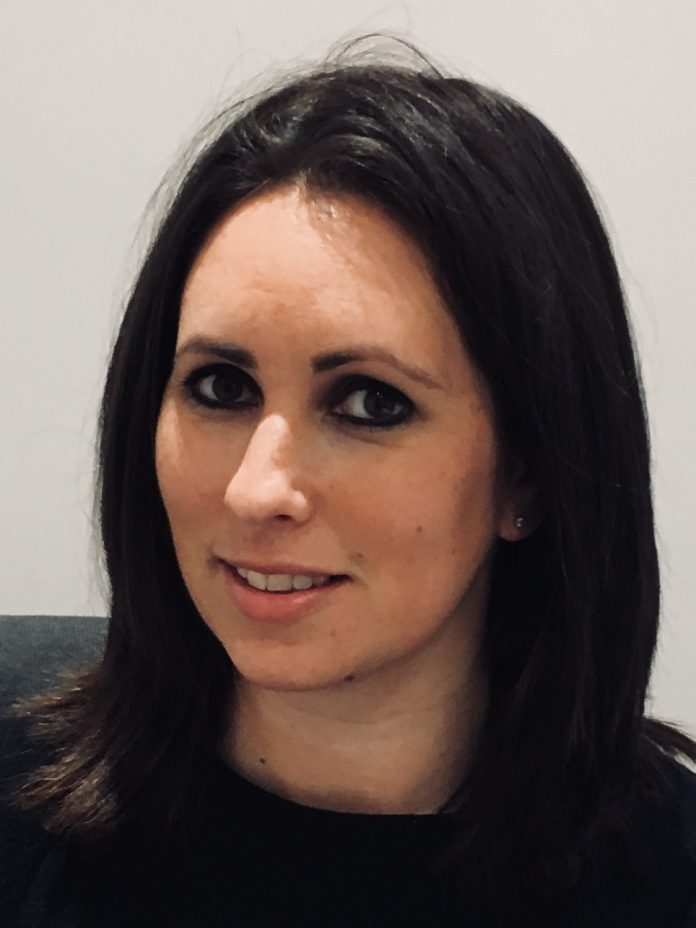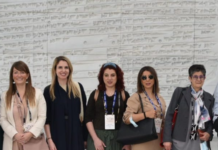
Having practised as a specialist family solicitor for over 10 years, Rachel has an excellent understanding of the legal system, in particular family law. When she had her first child seven years ago, she decided to use her expertise and knowledge to move into the field of mediation. When couples decide to divorce or separate, mediation can be used as an alternative to the more traditional route of instructing solicitors, often resulting in lengthy, expensive and aggressive litigation, to reach agreement on both the division of the family finances or arrangements for children.
The role of a mediator differs from that of a solicitor in that they work together with both parties, to try and reach an agreement which works for both sides, whereas solicitors represent one of the parties, and will work on their behalf to liaise with the solicitor of the other party. This often means that there is lengthy and protracted correspondence between them, with often little resolution and hefty legal bills. “As a mediator”, Rachel explains, “I work with both parties face to face at the same time which encourages a better flow of communication, and less scope for misunderstanding. This avoids voluminous correspondence back and forth between parties over a long period of time, and means that matters can be resolved more easily and more often than not avoiding the need for lengthy and expensive Court proceedings.”
Often when it comes to divorce, children can get caught up in the middle of proceedings, and Rachel is qualified to consult with children within the mediation process, ensuring that their voices are also heard. “It is an interesting aspect of divorce that children end up being pushed to the periphery regarding decisions, which are ultimately about them. Child inclusive mediation provides the child(ren) a forum to voice their own wishes and feelings in a confidential environment, with the expectation that these will be taken into consideration by their parents when reaching decisions about their child(ren)’s future.’” This approach is only appropriate for older children, usually those of ten years and up, so Rachel tends to only work with children of this age, although a slightly younger child can be seen, depending on their levels of maturity.
Rachel practises from various locations in North West London, including Edgware, Finchley Central and West Hampstead. She has a diverse and varied practice working with clients from across the spectrum of the Jewish community as well as outside of the community. Rachel frequently mediates on issues associated with the Get and is often instructed due to her detailed knowledge of this area.
She recognises that for some clients daytime appointments may not be convenient, and is able to offer evening meetings if required. For most couples, Rachel would expect that around 3-4 sessions would be enough to resolve any major issues, but this is dependent on the complexities of each case. For those couples whose relationship has broken down to such a degree that face to face interaction is no longer possible, Rachel offers shuttle mediation where she will mediate for both sides simultaneously, but with each party being in a separate room Mediation itself is not legally binding and once a financial agreement has been reached, a solicitor will then be required to convert the mediation agreement into a consent order, which in turn will be sent to Court and become binding upon the parties.
Alongside her main practice, Rachel also established and administers the mediation service within the Jewish Marriage Council in Hendon. Here, she offers her mediation services at a much reduced rate. This service is strictly means assessed and is there to provide families, within the Jewish Community, who find that they fall just outside the eligibility criteria for legal aid with the option of an affordable mediation service. For Rachel, working with the Jewish Marriage Council is her way of ‘putting back’, and enables her to use her skills and experience to assist others who may need her help, but are unable to afford it.
To be a good mediator, Rachel believes that you have to be sensitive to the needs of all parties, whilst remaining impartial. “Although I try to help my clients, the role of a mediator is not to offer advice or counselling, but to encourage couples to overcome their personal differences and issues to put an agreement in place that is practical and workable in both the short and long term.”
As a mother of three young children, she feels that working for herself has enabled her to achieve the flexibility she requires to achieve a work life balance. “I love the independence of working for myself. Having autonomy to be my own boss, and manage my own workload is great, although it can be difficult to switch off at times.”
When it comes to her hopes for the future, Rachel is keen to develop and grow her practice so that she can help more people. Her ultimate goal is to eventually open a high street branch, which she feels will make people more aware of the mediation process. Rachel explains, “At the moment, there is very little, if any, high street presence, which in turn makes mediation less accessible and an unknown option for most divorcing couples”
If you would like to find out more about family mediation, please contact Rachel on 0208 958 2073 or via email at rachel@jaysan-mediation.co.uk. Further information is available on her website www.jaysan-mediation.co.uk
 Do you know anyone who specialises in an area of female expertise and would like to be featured on this page? Let us know by emailing
Do you know anyone who specialises in an area of female expertise and would like to be featured on this page? Let us know by emailing
micaela@thejewishweekly.com








